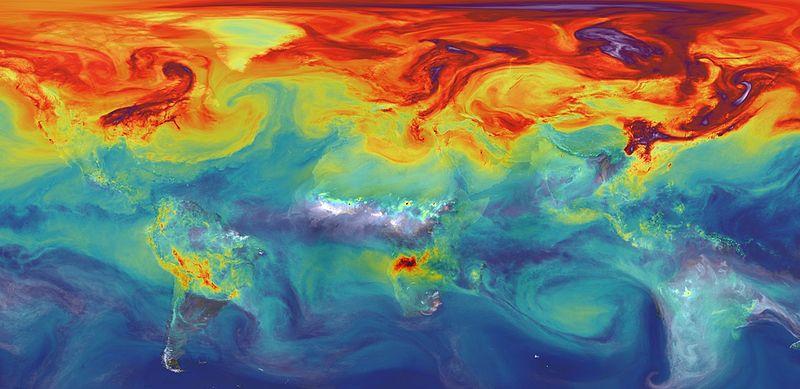New Zealanders are among international researchers who have presented a new model for small groups of countries to work together to reduce their greenhouse gas emissions.
Unlike previous ways of buying carbon credits, the researchers say Climate Action Teams will only reward emissions reductions beyond already ambitious national commitments.
In their policy brief, the researchers look at a hypothetical team among New Zealand, Switzerland, and Chile, finding that Chile could provide enough emissions mitigation to support NZ and Switzerland to meet their emissions reduction commitments at a lower cost than NZ and Switzerland’s domestic action alone.
A media release from Motu Economic and Public Policy Research Trust says:
One success of the latest global climate summit (COP26) held in Glasgow was the completion of a rulebook for international carbon markets. This rulebook can help Aotearoa New Zealand and other countries meet climate emissions reduction commitments – if applied well. Researchers (including some from New Zealand economic research institute Motu Research) have developed Climate Action Teams (CATs), an innovative way for countries to use the rulebook that ensures environmental integrity and high emissions reduction ambition. This new policy brief shows how CATs could work for Aotearoa.
At COP26, the aim of cutting global climate emissions by 2030 to limit future global warming to below 1.5°C survived, in theory. But in practice, countries’ national plans to reduce climate emissions, known as nationally determined contributions (NDCs), are not enough to limit temperature rises to below 1.5°C.
“Countries need to take more action, above their NDCs, to avert catastrophic climate change”, says Ana Pueyo, a research fellow at Motu Research.
The New Zealand Government increased the ambition of its NDC on the eve of COP26, committing to net greenhouse emissions reductions of 50% below gross 2005 levels by 2030. Current Government policies go some way to meet this target — but not the whole way. Aotearoa will have a gap of 149 million tonnes of climate emissions left over to deal with over 2021-2030. International carbon markets can help Aotearoa meet its climate commitments.
“Aotearoa’s emissions reduction target will be met with a combination of domestic and international emissions reductions. The Glasgow carbon markets rulebook is a significant development for Aotearoa. The rulebook enables initiatives like CAT, which will lead to cheaper, deeper emissions reductions globally, while letting countries decide how cooperation takes place,” says Ana Pueyo.
A CAT is an innovative way to make international climate cooperation work, speeding up ambitious climate emissions reductions while ensuring environmental integrity. Within a CAT, a small, high-trust group of countries cooperate to increase their climate emissions reductions, beyond their NDC commitments. The resulting reductions are transferred as carbon credits from seller to buyer countries.
Carbon markets allow resources for climate change mitigation to be allocated more efficiently. The United Nations reported global cooperation to reduce emissions using market mechanisms could reduce the costs of meeting 2030 NDCs by 40-60%. However, there have been concerns carbon markets could reduce the ambition of buyer countries, if they can buy cheap credits from countries with low emission reduction commitments.
“Climate Action Teams avoid the problems of the Kyoto Protocol era, when Aotearoa’s use of cheap, low-integrity carbon credits from other countries discouraged climate action at home and produced few climate emission reductions offshore. CATs will only reward emissions reductions beyond already ambitious national commitments. The CAT approach emphasises cooperation to ensure mitigation investment benefits both the host country and the climate,” said Ana Pueyo.
Researchers have done preliminary analysis on several host (seller) countries. A hypothetical CAT (with Chile as host and Aotearoa and Switzerland as partners (buyers)) shows Chile could provide enough emissions mitigation to support Aotearoa and Switzerland to meet their NDC commitments — at a lower cost than Aotearoa’s and Switzerland’s domestic action alone.
Source: Scimex












